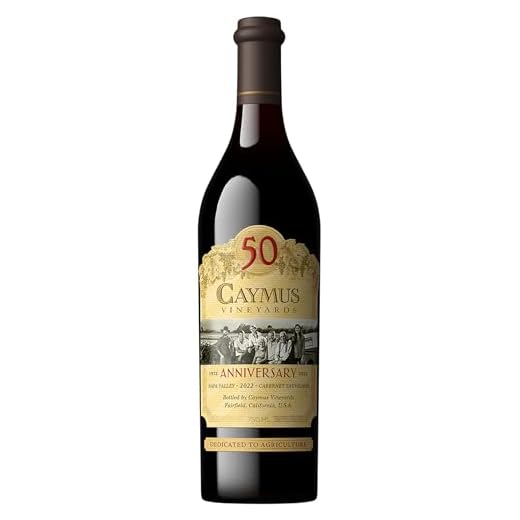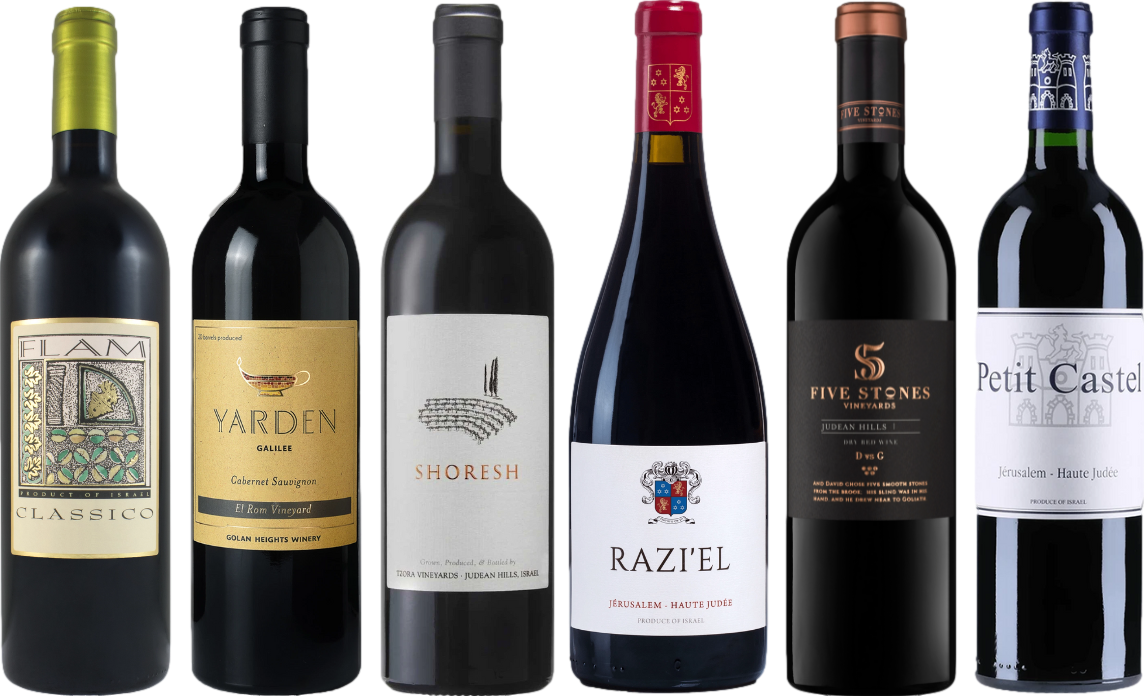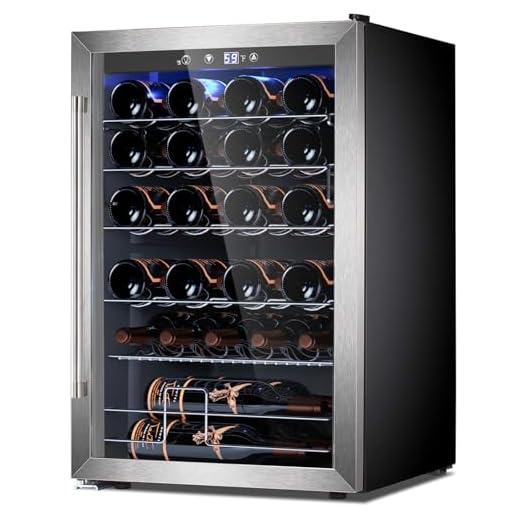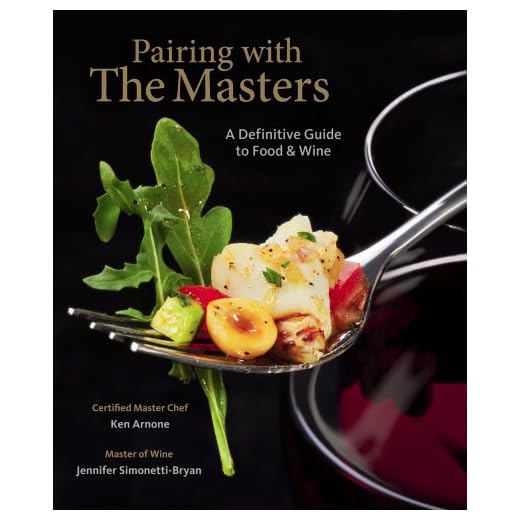



If you seek a remarkable example, I highly recommend a bottle of Château Montelena Cabernet Sauvignon from Napa Valley. This vintage exhibits a harmonious blend of dark fruit flavors, structured tannins, and a hint of oak, making it an excellent companion for grilled meats and hearty dishes.
Another standout is the Barolo from the Piedmont region of Italy. Its complex profile, featuring notes of cherry, rose, and earthy undertones, pairs beautifully with rich pasta sauces and aged cheeses. The aging potential of Barolo is remarkable, allowing it to evolve gracefully over the years.
For those who prefer something a bit lighter, consider exploring a Pinot Noir from Oregon’s Willamette Valley. The delicate balance of fruit and acidity in these wines makes them versatile for food pairing, complementing dishes from salmon to roasted vegetables.
Lastly, do not overlook a quality Malbec from Mendoza, Argentina. Known for its bold character and ripe berry flavors, it’s an excellent match for barbecued meats and spicy dishes. These selections reflect the diversity and richness available in the world of fine wines, each offering a unique tasting experience.
Top Characteristics of Quality Red Wine
For an exceptional experience, look for a wine that exhibits balance between acidity, tannins, and fruit. This harmony enhances the overall profile and provides a pleasing taste.
Aromatic Complexity
Rich fragrances are a hallmark. A great pour often boasts layers of aromas such as:
- Dark fruits like blackcurrant or plum
- Spices, including black pepper or clove
- Earthy notes, such as leather or tobacco
- Floral hints, like violet or rose
Texture and Mouthfeel
The tactile sensation on the palate significantly influences enjoyment. Key attributes include:
- Silky smoothness from well-integrated tannins
- Full-bodied or lighter styles depending on varietal
- Refreshing acidity that lifts flavors
- Long finish that leaves a lasting impression
When exploring options, keep regional characteristics in mind, as terroir greatly impacts flavor profiles. Seek out bottles from renowned areas like Bordeaux, Napa Valley, or Barolo for exemplary selections. Each sip should tell a story, reflecting the vineyard’s unique environment.
Best Red Wine Regions Around the World
For an exceptional experience, explore these renowned regions that consistently produce remarkable varietals. Each locale offers distinctive characteristics, enhancing the tasting adventure.
| Region | Main Varietals | Notable Characteristics |
|---|---|---|
| Bordeaux, France | Cabernet Sauvignon, Merlot, Cabernet Franc | Structured, age-worthy, complex flavor profiles |
| Napa Valley, USA | Cabernet Sauvignon, Zinfandel, Merlot | Rich, full-bodied, fruit-forward expressions |
| Tuscany, Italy | Sangiovese, Cabernet Sauvignon, Merlot | Elegant, balanced acidity, earthy notes |
| Rioja, Spain | Tempranillo, Garnacha, Graciano | Spicy, smooth tannins, oak influence |
| Barossa Valley, Australia | Shiraz, Grenache, Cabernet Sauvignon | Bold, jammy, high alcohol content |
| Piedmont, Italy | Nebbiolo, Barbera, Dolcetto | Floral, tannic, complex aging potential |
Each of these regions provides a unique opportunity to explore diverse flavors and styles. Whether you’re seeking a robust Cabernet from Napa or a nuanced Nebbiolo from Piedmont, these areas deliver quality and depth that are sure to satisfy any enthusiast’s palate.
How to Choose Red Wine for Different Occasions
For a formal dinner, a full-bodied Cabernet Sauvignon pairs remarkably well with steak. Consider a Napa Valley option, which offers rich flavors and robust tannins that complement red meats beautifully.
Casual Gatherings
At a relaxed barbecue, opt for a fruit-forward Merlot. Its soft tannins and juicy berry notes are crowd-pleasers, making it an excellent choice for grilled chicken or burgers.
Celebratory Moments
During special celebrations, a complex and elegant Pinot Noir shines. This varietal’s nuanced flavors enhance a variety of dishes, from roasted duck to mushroom risotto, making it versatile for festive occasions.
For cozy evenings, a Syrah offers a bold profile with spicy notes, perfect alongside hearty stews or a charcuterie board. Its rich character invites warmth and great conversation.
Understanding the food you plan to serve will guide your selection. Pairing is key to elevating the experience, ensuring every sip complements the meal and the atmosphere. Always taste before serving, as preferences can vary widely.
Understanding Red Wine Varietals and Their Flavors
Cabernet Sauvignon stands out with its bold structure, often showcasing dark fruit flavors like blackcurrant, complemented by hints of green bell pepper and tobacco. This variety thrives in regions like Napa Valley, where warm days and cool nights create ideal growing conditions.
Merlot offers a softer profile, with flavors ranging from plum and cherry to chocolate and herbs. It’s approachable, making it a favorite among many. Look for bottles from Bordeaux or Washington State for exemplary expressions.
Pinot Noir
Pinot Noir is known for its elegance, featuring red fruit notes like raspberry and strawberry mixed with earthy undertones. Regions such as Burgundy and Oregon are renowned for producing exceptional Pinot Noir, each capturing unique terroirs in their bottles.
Syrah/Shiraz
Syrah, or Shiraz as it’s known in Australia, presents a full-bodied experience with flavors of blackberry, plum, and pepper. This varietal shines in the Rhône Valley and Barossa Valley, where climate influences its rich and spicy characteristics.
Understanding these varietals enhances the experience and helps in making informed selections that cater to personal taste preferences. Each bottle tells a story, reflecting its origin, winemaker, and the conditions of the harvest, inviting exploration and enjoyment.
Tips for Properly Storing Red Wine
For optimal flavor preservation, maintain a consistent temperature between 55°F to 65°F (13°C to 18°C). Fluctuations can spoil the taste. A dedicated wine fridge is ideal, but a cool, dark closet can suffice.
Humidity Control
Keep humidity levels around 60% to 70% to prevent corks from drying out. A dry cork allows oxygen to seep in, compromising the integrity of the liquid inside. A small humidifier can help maintain the right moisture levels.
Light Exposure
Avoid direct sunlight as UV rays can degrade the quality. Store bottles in a dark area or use UV-filtered glass if displaying them. This helps protect your collection from premature aging.
Position bottles horizontally to keep the cork moist, preventing it from drying out. Always handle bottles by the base to minimize vibrations, which can disturb sediment and affect taste.
Lastly, if you’re preparing a meal, consider checking how long does it take to cook diced chicken for a perfect pairing with your chosen varietal.
Pairing Red Wine with Food: A Practical Guide
For a delightful dining experience, consider the following combinations:
- Cabernet Sauvignon with grilled steak or lamb. The tannins in the wine complement the richness of the meat.
- Pinot Noir pairs beautifully with salmon or roasted chicken, enhancing the flavors without overpowering them.
- Zinfandel works well with barbecue dishes, as its fruity notes balance the smoky, spicy flavors.
- Merlot is superb with pasta in tomato sauce or pizza, providing a smooth contrast to the acidity of the tomatoes.
- Sangiovese complements Italian cuisine, particularly tomato-based sauces, thanks to its high acidity and herbal notes.
Consider these tips for successful pairings:
- Match the weight of the dish with the body of the beverage. Heavier foods require fuller-bodied selections.
- Balance flavors; if the dish is rich, look for a wine with higher acidity to cut through the fat.
- Consider the preparation method; grilled or roasted foods often pair well with wines that have smoky or earthy notes.
- Experiment with regional pairings; local cuisine often pairs best with wines from the same area.
Lastly, trust your palate. Personal preference plays a significant role in creating memorable food and beverage experiences. Enjoy the exploration!
How to Taste and Evaluate Red Wine Like a Pro
Begin by assessing the appearance. Tilt the glass slightly and observe the color and clarity. A deep, rich hue often indicates a more concentrated flavor profile. Swirl gently to observe the legs; thicker legs may suggest higher alcohol or sugar content.
Next, engage your sense of smell. Take a moment for a deep inhale. Identify the primary aromas–fruits, spices, or earthy notes. Spend time distinguishing secondary characteristics, which may include oak or herbal elements. A well-structured bouquet is a hallmark of quality.
Now, it’s time for the palate. Take a small sip, letting it roll across your tongue. Pay attention to the body; is it light, medium, or full? Assess the acidity; a balanced acidity enhances freshness. Consider the tannin levels; they should provide structure without overwhelming the flavor.
Evaluate the finish. A long, lingering aftertaste indicates complexity and quality. Reflect on how the flavors evolve after swallowing. Does it leave you wanting another sip? This lingering quality is a sign of a remarkable choice.
Finally, compare your impressions with your expectations. Consider the varietal characteristics and regional influences. Document your thoughts for future reference, noting the elements that stood out. This practice sharpens your skills and enhances your appreciation over time.









